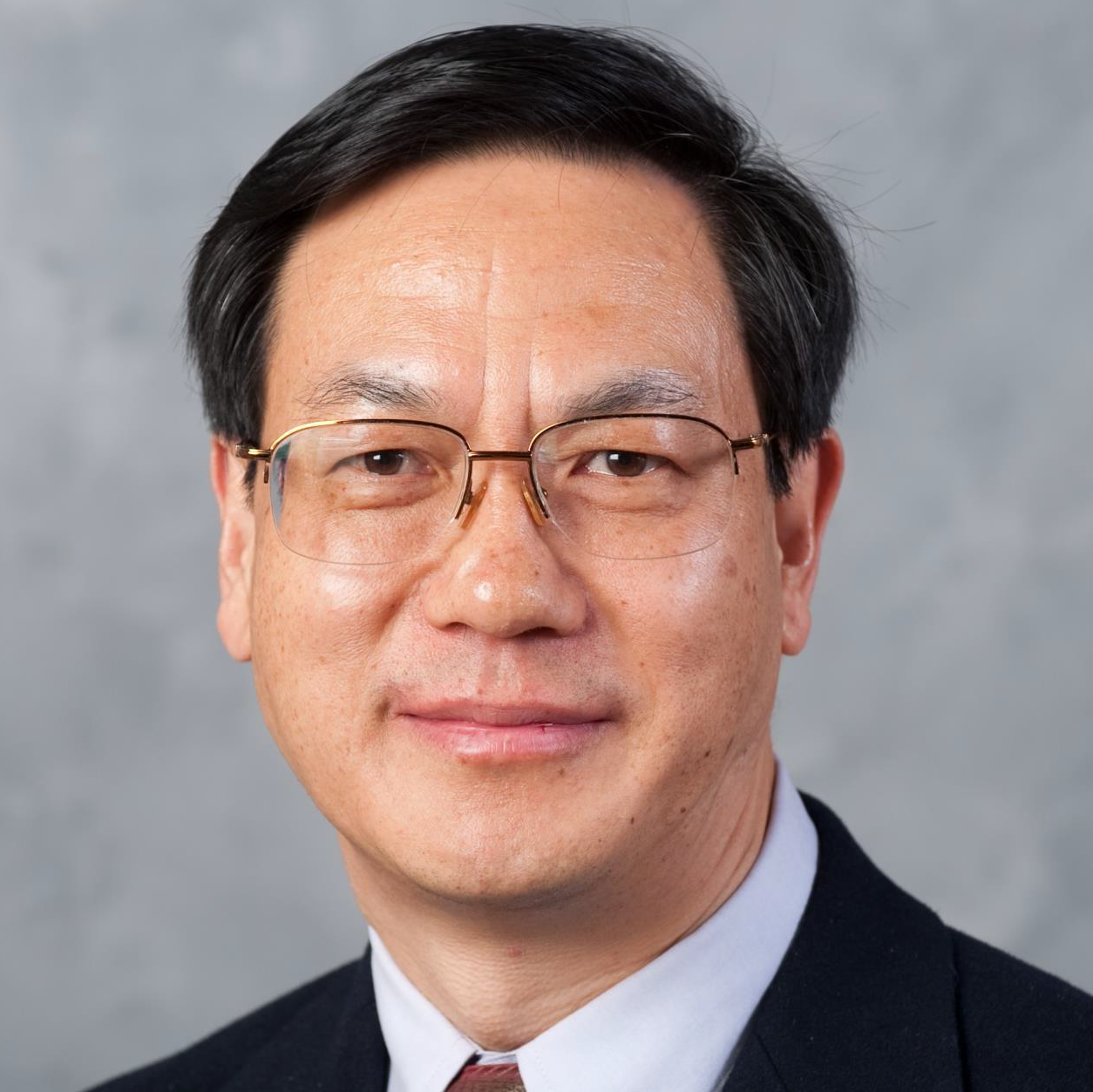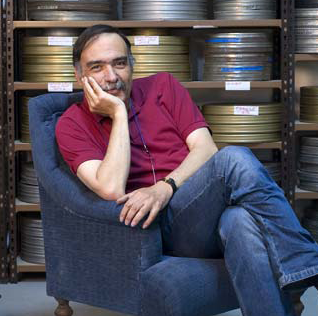Lecture by the Winner of the 2019 “Albert Einstein” World Award of Science
Nanogenerators for self-powered systems, internet of things and large-scale blue energy
Energy is the bedrock of modern society but current power plants are largely unsustainable and environmentally damaging. Although energy is widely available in our environment, converting it into electric power remains a challenge. Wang’s invention of the triboelectric nanogenerator (TENG) solves this problem. TENGs can convert low-frequency mechanical energy into electricity for sustainably powering sensor networks and the internet of things. It is considered the most important discovery for harvesting mechanical energy since the invention of the electromagnetic generator by Faraday in 1831. It also paves the way for the sustainable harvest of vast wave energy from oceans.

- Dr. Zhong Lin Wang
- Winner of the 2019 “Albert Einstein” World Award of Science
- Dr. Zhong Lin Wang is Chair and Regents Professor, School of Materials Science & Engineering at Georgia Institute of Technology, USA, and is also the Director of Beijing Institute of Nanoenergy and Nanosystems. He is a physicist, materials scientist and engineer specialized in nanotechnology and energy science. He is known as the father of nanogenerators, which he has developed for self-powered systems and large-scale blue energy with. His pioneering work is expected to change the world in the near future. He has published over 1500 peer reviewed papers and has an enormous impact on the nanotechnology community.
Lecture by the Winner of the 2019 “Leonardo da Vinci” World Award of Arts
"How producing films can be a creative process?"
Being a producer is to make the dreams of others come true. It is rather fascinating to be able to share the creative process of the authors we admire, their phantoms, their dreams. A producer must be all time kind of a chameleon, so he can respond to inner worlds of creators so different from one to another, sometimes even opposite. We have to question everything at every moment, and often contradict ourselves, being multiple at the service of creative worlds we’d hardly reach. And, in the end, to make a work of art being born, as Leonardo da Vinci pointed, “Obstacles cannot crush me; every obstacle yields to stern resolve.”

- Mr. Paulo Branco
- Winner of the 2019 “Leonardo da Vinci” World Award of Arts
- Paulo Branco is a Portuguese independent film producer. Since 1979 he has produced or coproduced over 300 films, working with Portuguese and international directors from four continents. According to John Malkovich, Branco is “possibly the most prodigious producer of art films in the history of cinema”. In 1997 he was named “Greatest European Producer” by the European Parliament. Many of his films have been presented at the festivals of Cannes and Venice. Embracing cooperation between cinema, literature, music and visual arts, he constantly broadens the public’s cultural formation while encouraging reflection and debate on the great issues of our times.
Lecture by the Winner of the 2019 “Albert Einstein” World Award of Science
Nanogenerators for self-powered systems, internet of things and large-scale blue energy
Energy is the bedrock of modern society but current power plants are largely unsustainable and environmentally damaging. Although energy is widely available in our environment, converting it into electric power remains a challenge. Wang’s invention of the triboelectric nanogenerator (TENG) solves this problem. TENGs can convert low-frequency mechanical energy into electricity for sustainably powering sensor networks and the internet of things. It is considered the most important discovery for harvesting mechanical energy since the invention of the electromagnetic generator by Faraday in 1831. It also paves the way for the sustainable harvest of vast wave energy from oceans.

- Dr. Zhong Lin Wang
- Winner of the 2019 “Albert Einstein” World Award of Science
- Dr. Zhong Lin Wang is Chair and Regents Professor, School of Materials Science & Engineering at Georgia Institute of Technology, USA, and is also the Director of Beijing Institute of Nanoenergy and Nanosystems. He is a physicist, materials scientist and engineer specialized in nanotechnology and energy science. He is known as the father of nanogenerators, which he has developed for self-powered systems and large-scale blue energy with. His pioneering work is expected to change the world in the near future. He has published over 1500 peer reviewed papers and has an enormous impact on the nanotechnology community.
Lecture by the Winner of the 2019 “Leonardo da Vinci” World Award of Arts
"How producing films can be a creative process?"
Being a producer is to make the dreams of others come true. It is rather fascinating to be able to share the creative process of the authors we admire, their phantoms, their dreams. A producer must be all time kind of a chameleon, so he can respond to inner worlds of creators so different from one to another, sometimes even opposite. We have to question everything at every moment, and often contradict ourselves, being multiple at the service of creative worlds we’d hardly reach. And, in the end, to make a work of art being born, as Leonardo da Vinci pointed, “Obstacles cannot crush me; every obstacle yields to stern resolve.”

- Mr. Paulo Branco
- Winner of the 2019 “Leonardo da Vinci” World Award of Arts
- Paulo Branco is a Portuguese independent film producer. Since 1979 he has produced or coproduced over 300 films, working with Portuguese and international directors from four continents. According to John Malkovich, Branco is “possibly the most prodigious producer of art films in the history of cinema”. In 1997 he was named “Greatest European Producer” by the European Parliament. Many of his films have been presented at the festivals of Cannes and Venice. Embracing cooperation between cinema, literature, music and visual arts, he constantly broadens the public’s cultural formation while encouraging reflection and debate on the great issues of our times.